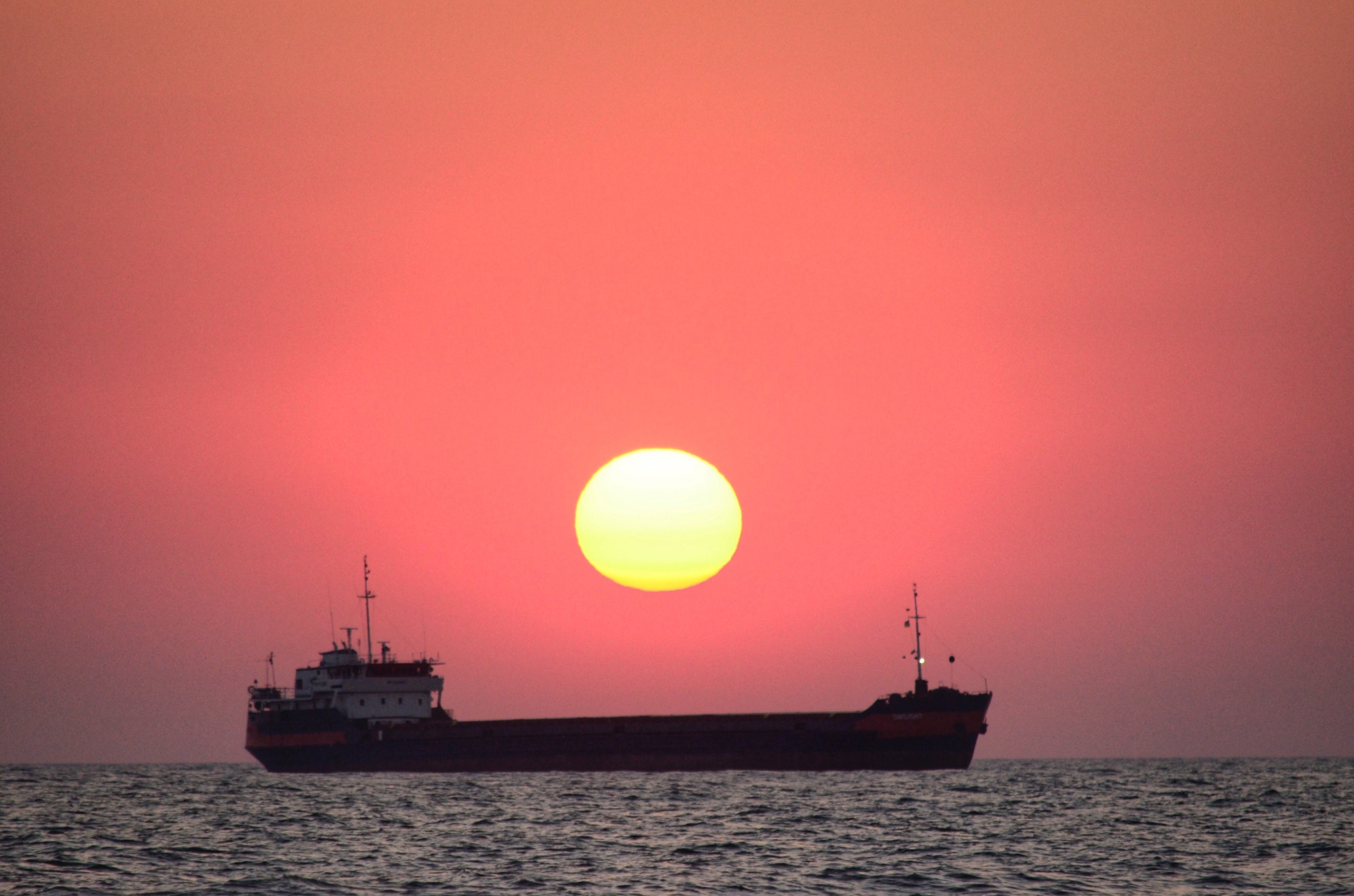Why the Red Sea Matters in Shipping
The Bab al-Mandab Strait: A Key Shipping Path
The Red Sea, particularly the Bab al-Mandab Strait, is super important for global shipping. This narrow passage is not just a critical point connecting the Arabian Peninsula and Africa but also a major access route to the Suez Canal. Its location makes it really important for ships traveling from the Indian Ocean to the Mediterranean.

The Red Sea’s Role in Moving Oil and Fuel
The Red Sea is a major highway for oil and fuel shipments. Keeping this route safe is crucial because it helps in the smooth transport of energy resources. Any trouble in this area can shake up the global energy market big time.
How Shipping Stops Affect the World
Big Companies Pausing Shipments: Playing It Safe
After some attacks on ships, Maersk (a big Danish shipping company) and Hapag-Lloyd (a German firm) decided to stop sending ships through the Red Sea for a bit. This is a big deal because it shows how serious these threats are. These companies are trying to keep their crews safe, but this move also changes how things work in the area.
What This Means for Global Trade and Stuff We Buy
When big players like Maersk and Hapag-Lloyd stop using the Red Sea routes, it’s not just a local issue—it’s a worldwide one. These breaks in shipping can cause delays in getting important stuff around, messing up supply chains everywhere. If this happens near busy times like Christmas, it could mean more shortages and late deliveries.
Yemen’s Conflict and Its Effects on Shipping
The Role of Houthi Rebels
The Houthi rebel group in Yemen, supported by Iran, is behind these recent attacks on ships. This shows how the conflict in Yemen is spilling over into international waters.
How the US Is Reacting
The United States is worried about these attacks. They’re all about keeping sea routes open and safe because they know how important this is for keeping global trade smooth. The US is taking steps, both in security advice and military actions, to make sure these shipping lanes stay open.

Frequently Asked Questions (FAQs)
Q1: Why is the Red Sea so important for global shipping?
A1: The Red Sea, particularly the Bab al-Mandab Strait, is a key maritime route because it connects the Arabian Peninsula with Africa and provides access to the Suez Canal. This makes it a crucial path for ships moving between the Indian Ocean and the Mediterranean, especially for oil and fuel transport.
Q2: What caused the suspension of shipping through the Red Sea?
A2: Major shipping companies like Maersk and Hapag-Lloyd temporarily stopped their ships from traveling through the Red Sea due to safety concerns. This decision came after a series of attacks on vessels, believed to be carried out by the Houthi rebel group from Yemen.
Q3: How do these shipping suspensions affect global trade?
A3: The halt in Red Sea shipping routes can lead to delays in transporting goods, affecting global supply chains. This can result in shortages, especially during peak seasons like Christmas, and can disrupt the timely delivery of products worldwide.
Q4: Who are the Houthi rebels?
A4: The Houthi rebels are a group based in Yemen, supported by Iran. They have taken control of significant parts of Yemen and have been involved in attacks on maritime vessels in the Red Sea, contributing to the current shipping suspensions.
Q5: What is the response of the United States to these maritime security threats?
A5: The United States has expressed serious concern over these incidents. They are committed to maintaining freedom of navigation in international waters and have taken steps, including offering security advice and military support, to ensure that shipping lanes in the Red Sea remain open and safe for global commerce.
Q6: What are the possible long-term effects of these shipping suspensions?
A6: If these suspensions continue, there could be long-term impacts on global trade, including increased shipping costs, longer delivery times, and potential shifts in global shipping routes. It also highlights the need for better security and conflict resolution in key maritime areas like the Red Sea.
Sources BBC


